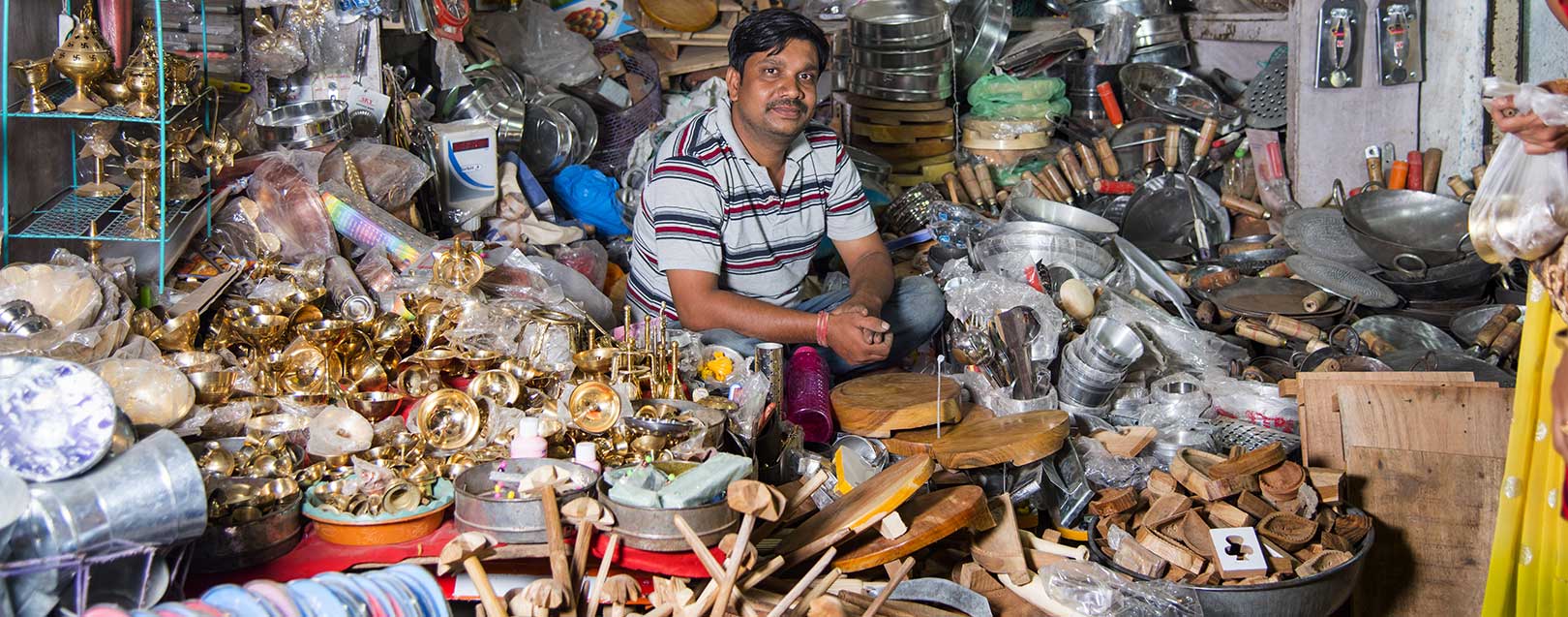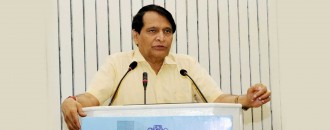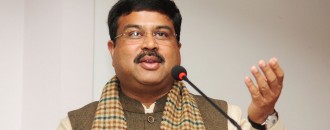
Small taxpayers and Infrastructure sector get a leg-up
The Dollar Business Bureau
The Union Budget 2017 will bring some relief for small tax payers and infrastructure sector. The Centre, in a major step, announced a 2% reduction on non-cash turnover of small businesses for presumptive tax from 8% to 6%. Under the scheme, small businesses below the annual turnover of Rs.2 crore are not required to maintain detailed books of accounts for purpose of Income Tax but pay a presumptive tax. This relaxation, as per Finance Minister Arun Jaitley, will give a boost to small merchants and ease them from financial burdens.
In addition, the Centre also announced a 5% reduction in corporate taxes with an annual turnover up to Rs.50 crore, reducing tax from 30% to 25%. Applauding the initiative, Dr. Sangam Kurade, President of Federation of Indian Micro and Small & Medium Enterprises (FISME), says, “Strengthening of cheque as the key payment instrument for commercial transactions could revive the trade credit market and have a huge favourable impact on the working capital requirements of MSMEs Thus, both types of MSMEs, whether companies or firms, would enjoy the tax cuts as besides the smaller companies, tax liability has been reduced for individuals too.”
However, J K Mittal, Co-Chairman, National Council on Indirect Taxes, Assocham, while commenting on the announcement, said, “In today’s time of stagnant growth in many sectors with a dip in global demands for Indian products, we were looking forward to some more good news and clarity with regards to indirect taxes that are currently levied. This aspect, we believe, the current Finance Minister has not done with this budget. We are expecting further clarification from him.”
Jaitley also announced a 5% relaxation for individuals that fall within the Rs.2.5 lakh and Rs.5 lakh bracket – earlier it was 10%. Furthermore, a 10% surcharge was announced for individuals with an annual income of Rs.50 lakh and Rs.1 crore. However, the 15% surcharge on individuals with annual income above Rs.1 crore remains unchanged. And for all other individuals, a uniform benefit of Rs.12,500 was given per each person. Not very pleased about the announcement, D. S. Rawat, General Secretary, Assocham, remarks, “I expected some more (pro-industry, pro consumers) policy announcements, but what we got is only a few, limited policies suggested on Income tax, both on the personal and corporate front.”
However, good news is also shared among startups in India, who were given an addition of two more years of tax relaxations. Going forward, out of seven years (earlier it used to be five years), startups need to pay taxes only for three years, that too only if they make a profit.
While expressing satisfaction that the Budget considered a few suggestions handed to the Finance Minister before his announcement today on Tax, labour reforms and cheque related issues, FISME expected more targeted announcements related to MSME sector which was badly hit by demonetisation. However, FISME hoped that a massive flow of funds towards farmers, rural areas and infrastructure would reignite demand that would benefit MSMEs too.
As for infrastructure, for FY2018, while the Railways were allotted with Rs.1,31,000 crore for the total capital and development expenditure, the highways sector bagged Rs.64,000 crore, against Rs.57,675 crore from last year. For the record, the Centre has for the first time brought the Railway budget under General Budget (highways and waterways), breaking the tradition followed since 1928. Jaitley announced, “For the transport sector, including railways, waterways and roadways, a total of Rs.2,41,387 crore has been assigned for FY2018.”
Further, to give a fillip to exports infrastructure, Trade Infrastructure Exports Scheme (TFES), a new scheme, will be introduced during FY2018. This announcement concurs with India’s plan to become a global manufacturing hub, especially for electronic products, which has also received Rs.1,26,000 crore investment from the Centre.
Finance Minister Arun Jaitley, during the Budget also announced that the CPI inflation has declined from 6% in July 2016 to 3.4% in December 2016 and is expected to remain within RBI’s mandate range of 2-6%. He went on to add, “Foreign exchange reserve has reached $361 billion as on January 20th 2017.” Also, India has become the 6th largest manufacturing country in the world, which is up from the 9th position.
Highlighting the government’s bold initiatives of 2016, such as the implementation of Goods and Services Taxes (GST) and demonetisation he remarked, “There were few hiccups in the initial phase, but it will eventually lead to a higher GDP in the long run and the money can be used for the welfare of the poor.”
Not everyone felt the budget was upto their satisfaction. On asking how he feels about the weightage given to MSME, Rawat, commented, “In my view, the budget was unable to live up to its expectations. Demonetisation has hurt every sector, including the MSME and the informal sector, which indeed are the backbone of our economy. However, the Budget didn’t offer the much-needed policy stimulus and fiscal measures for our MSMEs in this gloomy economy. I think only limited policies have been initiated this time.”






 to success.
to success.